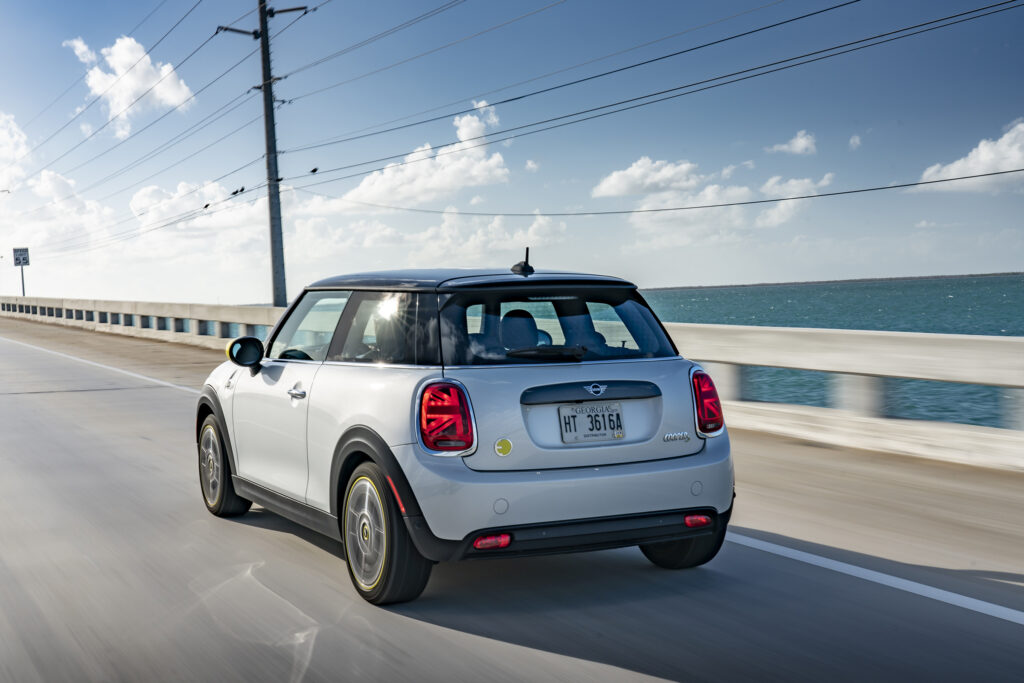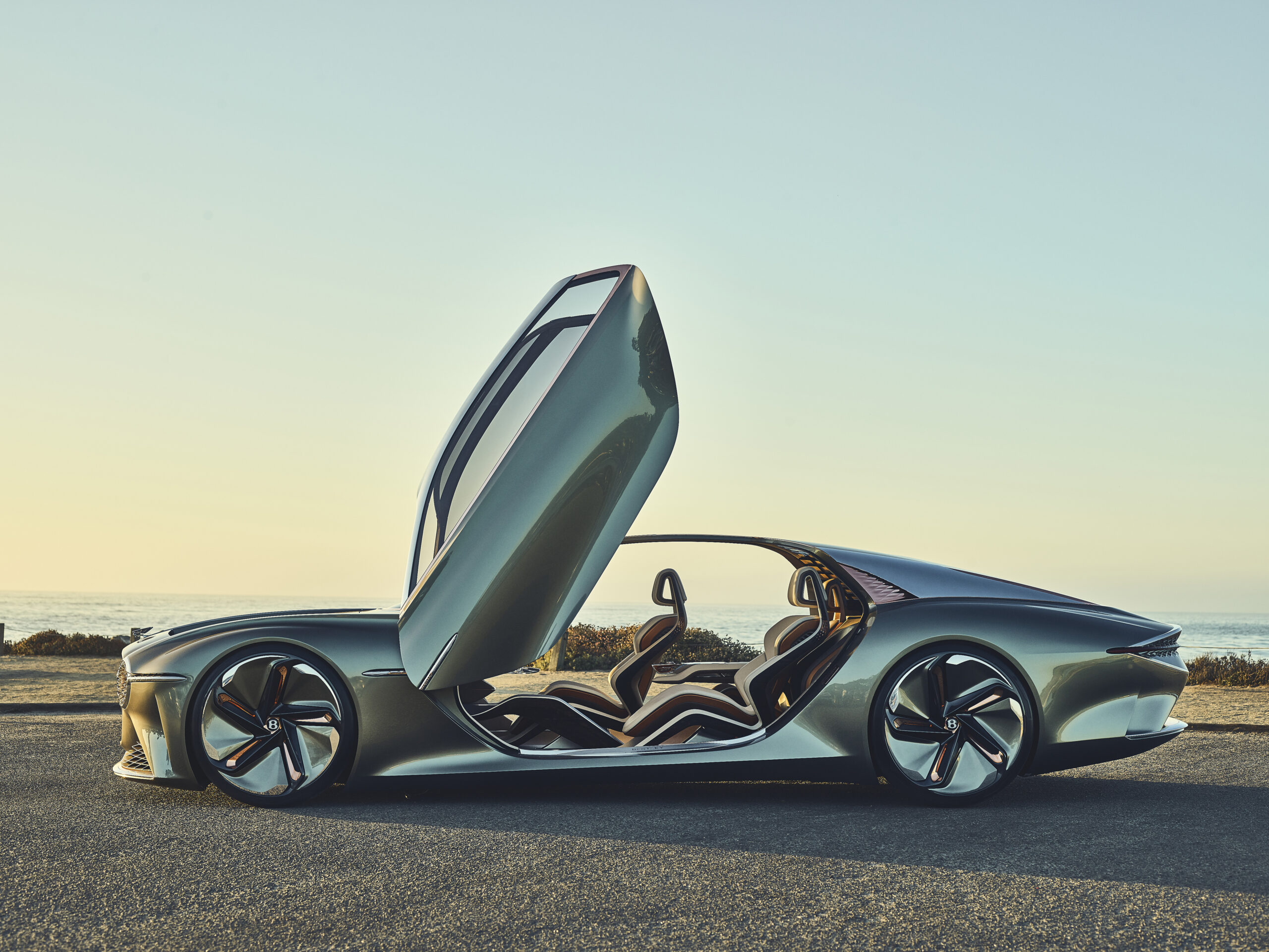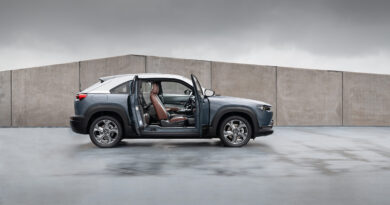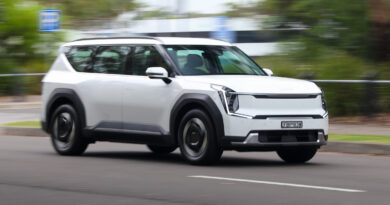What your EV says about you – and how it will change the way you drive
Those who profess no interest at all in cars might deny it, but your choice of vehicle is basically a giant billboard on which to display everything from your personality to your political leanings. And your bank balance, obviously.
A Ferrari shouts, loud and proud, “My wallet is larger than my penis”, while a Lamborghini screams “Attention whore!”
Driving a massive, gas-guzzling SUV can certainly be construed as taking a political position not far removed from climate denialism, although it can also just suggest you don’t give a shit because you’re old and it won’t be your problem. Which is why a big Range Rover with a WWF or Greenpeace sticker on its rear is such a cluster of confusing.

Driving a Volvo used to indicate that you knew, deep down, that you were a terrible driver and a danger to yourself and others, but now it seems to suggest you actually like Ikea and have small children.
The way you drive the car you’ve chosen also says a lot about you, of course, although it sometimes seems that the choice of particular brands leave you with no choice but to drive as if you’ve just had a hydrochloric enema. Driving an HSV sensibly or subtly, for example, would seem anathema to the brand.
But what of electric vehicles? Do their owners have a particular style of driving that gives them away? Is it possible, for example, to drive in a smug fashion?
I’m not suggesting that the green glow of goodness that EV buyers have around them means that they are smug about making the choice to embrace, and attempt to protect, the future, but I have heard other, less-kind people suggest such a thing.
What becomes clear if you follow someone in an EV is that they seem to brake a lot; almost as much as the average Australian taxi driver (many of whom seem confused about which pedal it is that actually makes a car go). I noticed this myself recently while following an EV Central colleague in an electric Mini the other day.
I happen to know that he’s not the sort of driver who normally brakes at all, if he can help it, and we happened to have two-way radios on us, so we did a little test. Sure enough, no matter what sort of regen setting he was on, as soon as he lifted his foot off the throttle, the brake lights were activated, which meant that he looked like an annoying driver – the kind of who brakes mid-corner – even though he isn’t.

This makes sense, of course, because of the kind of braking effect you get in an EV as soon as you step off the accelerator, which often means you can do much of your slowing down without even touching the brakes.
Unfortunately this means that EV drivers might look, to the uneducated observer – ie. just about everyone – like annoyingly jerky and frustrating pilots.
Then there’s what you might call the Tesla effect. When driving something like the Model 3 Performance, I find it almost impossible not to regularly engage the hyperdrive, whenever the slightest gap opens in traffic.
This could be just me, but with so much instantaneous, incredible acceleration on tap, at any time, the temptation is just too great, and the results too amusing.
This means that when I drive a Tesla I must look a bit like a dog that’s been locked inside for a month and then placed in an environment where I’m surrounded by 200 other canines. The urge to rush right up to the tailpipe of every other vehicle and give it a good, close sniff seems to overtake me.
I’m sure I’m an annoying driver to be near in an internal-combustion-engined car, too, but I have no doubt there are certain attributes to an EV that create a driving style, or at least the perception of one, that’s going to mark electric vehicle drivers out as different, at least for the immediate future.
And for those people who wouldn’t know what an EV was, even if its power source was attached to their nipples with jumper cables, this might, in some way, prove informative. Or even entertaining, or frustrating.
As to what buying an EV says about you, I do think that’s too broad a brush to use, because someone who buys a BMW i3 is not saying the same things as the owner of a Nissan Leaf, and people who buy Teslas – or Musk Dicks as some call them – are in an entirely different category of their own.




